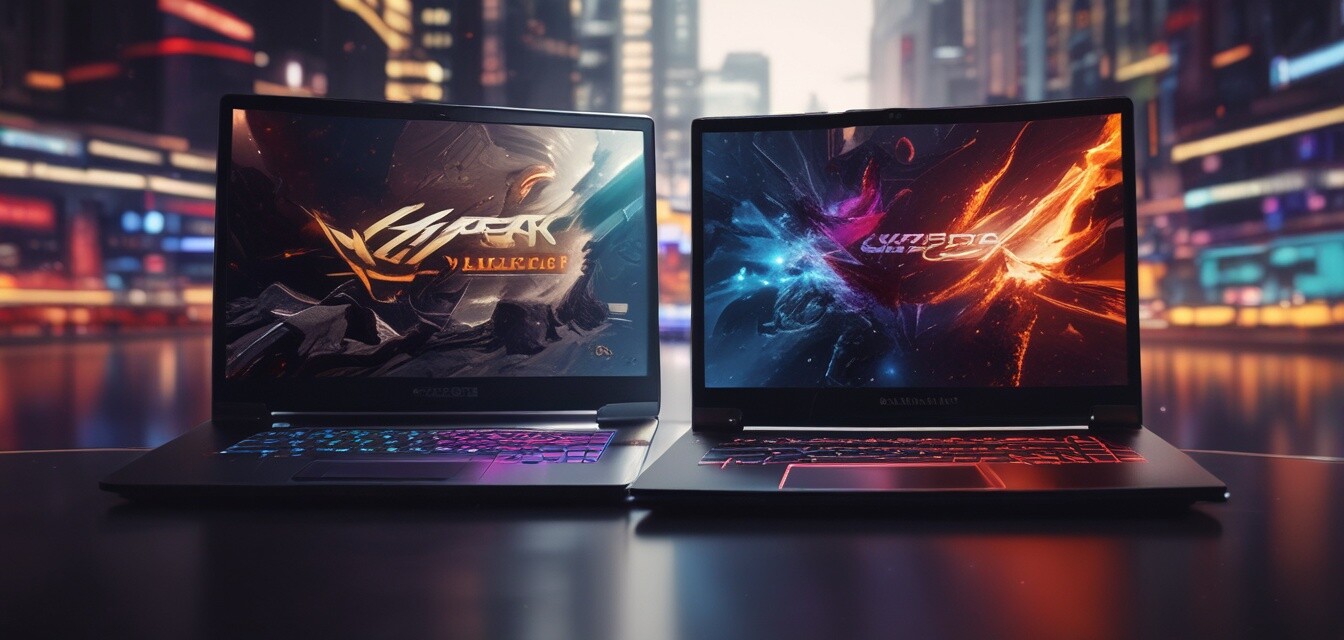
How to Optimize Your Laptop for Better Gaming
Key Takeaways
- Ensure drivers and software are up-to-date for optimal performance.
- Adjust in-game settings to balance graphics and performance.
- Utilize cooling pads to prevent overheating during intense gaming.
- Consider hardware upgrades for increased performance.
- Regularly clean your laptop to keep it running smoothly.
If you love gaming on your laptop, you know the importance of having a smooth and efficient gaming experience. With the right optimizations, you can significantly enhance your laptop's performance without necessarily investing in expensive hardware. This article provides practical tips for increasing your laptop's gaming performance, including settings tweaks and hardware updates. Let's dive in!
Understanding your laptop's gaming capabilities
First and foremost, it's important to know what your laptop can handle. Most laptops come with specifications that determine their gaming prowess. Here are the key components to consider:
| Component | Function |
|---|---|
| CPU | Processes game data and calculations. |
| GPU | Handles graphics rendering. |
| RAM | Aids in the smooth running of games by providing quick access to data. |
| Storage | Speeds up game loading times with SSDs over HDDs. |
Software Tweaks
Before adjusting hardware, consider software tweaks that can boost performance:
1. Update drivers and software
Always ensure your graphics drivers are up-to-date. Manufacturers frequently release updates that enhance performance and address bugs. Here’s how to do it:
- Visit the official website of your GPU manufacturer.
- Download the latest drivers for your graphics card.
- Install and restart your laptop.
2. Optimize game settings
Most games offer various settings to help you adjust performance. Consider the following:
- Lower the graphics settings like shadow quality and resolution.
- Turn off unnecessary features like motion blur or ambient occlusion.
- Adjust the frame rate limit to match your laptop's capabilities.
3. Disable background applications
Close any applications not required during gaming sessions to free up system resources. This includes:
- Web browsers.
- File synchronization apps.
- Streaming services.
Hardware Upgrades
Improving hardware can lead to a significant gaming experience enhancement. Here are some recommended upgrades:
1. Upgrade RAM
Adding more RAM can improve multitasking and game performance:
- Check the current RAM: Right-click on 'My Computer' > Properties.
- Upgrade to a minimum of 16GB for modern games.
2. Switch to SSD
SSDs are faster than traditional HDDs, drastically reducing loading times:
- Backup data before replacing.
- Consider getting an external HDD for extra storage.
3. Enhance cooling system
Prevent overheating by ensuring your cooling system is effective:
- Use a cooling pad to maintain airflow.
- Clean the fans and vents regularly to remove dust buildup.
Maintenance Tips
Regular maintenance is crucial for optimal performance. Here are some practices to follow:
- Keep the laptop and its vents dust-free.
- Uninstall games or applications you no longer use to free up space.
- Run antivirus scans to ensure no malware is affecting performance.
Conclusion
Optimizing your laptop for gaming doesn’t always require a new device. By implementing the tweaks and upgrades discussed, you can enhance your gaming experience without breaking the bank. Regular maintenance also plays a vital role in maintaining peak performance.
Further Reading
Check out more helpful resources in our Expert Tips category to continue enhancing your PC and laptop experience.
Pros
- Improved gaming experience without expensive upgrades.
- Enhanced overall system performance.
- Less chance of overheating.
- More efficient use of resources.
Cons
- May involve time and effort for maintenance.
- Some changes may require technical know-how.
- Not all laptops are upgrade-friendly.